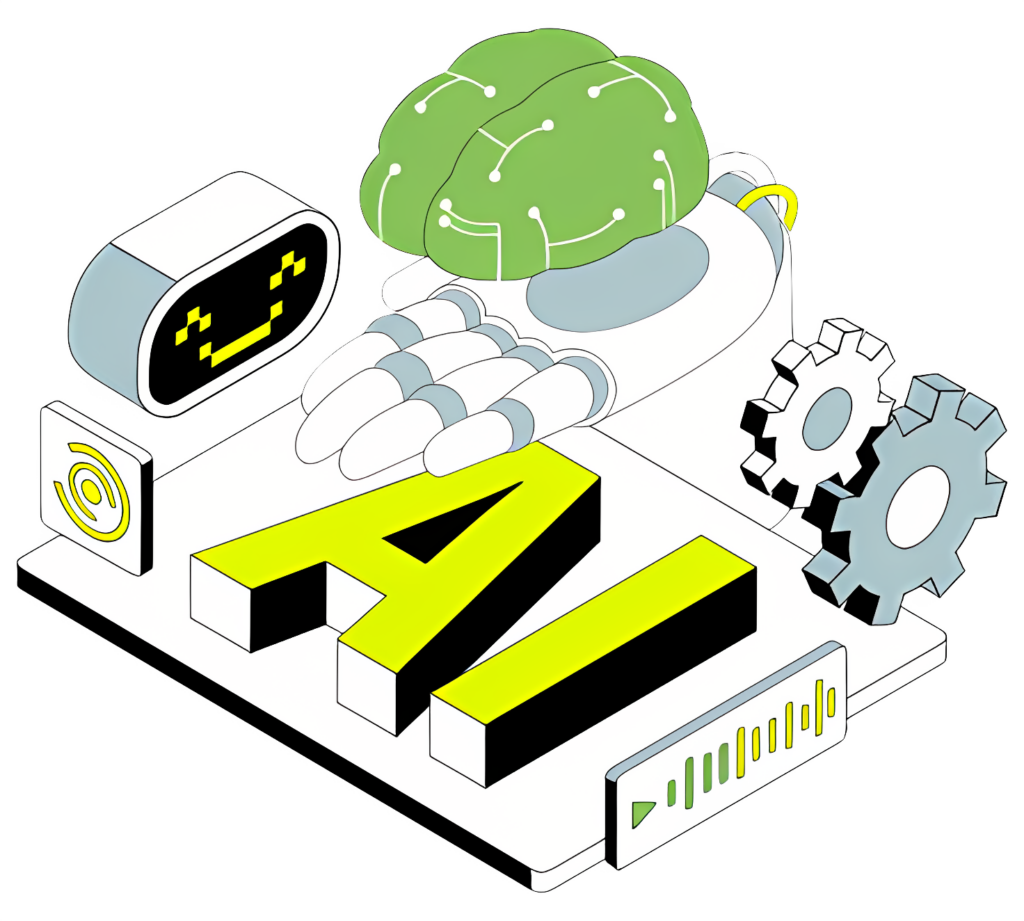Introduction
Artificial Intelligence (AI) has reshaped industries by providing powerful automation, analytics, and decision-making capabilities. Among the most transformative AI advancements is the rise of Large Language Models (LLMs), also known as Generative AI (GenAI). Businesses, from SMEs to large corporations, can leverage AI-backed tools to optimize operations, enhance customer experiences, and drive innovation. This article explores how businesses can integrate LLMs and AI-driven tools effectively and provides recommendations on the best AI solutions available for different business functions.
The Role of LLMs and AI-Backed Tools in Business
1. Automating Customer Support
Businesses can significantly reduce customer service costs and improve response times using AI-driven chatbots and virtual assistants. These tools can answer frequently asked questions, process orders, and even provide personalized recommendations.
Recommended AI Tools:
- ChatGPT (OpenAI) – A powerful conversational AI that can handle customer interactions with human-like responses.
- Drift – AI-powered conversational marketing and sales chatbots.
- Intercom – AI-based live chat and automation for customer support teams.
2. Enhancing Marketing and Content Creation
LLMs are particularly effective in content creation, generating high-quality marketing copy, blog posts, and even social media content at scale. AI tools also help analyze audience engagement and optimize campaigns.
Recommended AI Tools:
- Jasper AI – AI-powered writing assistant for marketing teams.
- Copy.ai – Generates persuasive marketing content quickly.
- Persado – AI-driven marketing language optimization.
3. Boosting Sales with AI-Driven Insights
AI can analyze customer behaviors and predict sales trends, allowing businesses to make data-driven decisions. AI-powered CRM systems also enhance lead generation and improve sales conversions.
Recommended AI Tools:
- HubSpot AI – Predictive analytics and automation for CRM.
- Zoho AI CRM – AI-enhanced customer relationship management system.
- Gong.io – AI-driven sales conversation analytics.
4. Optimizing Business Operations with AI
AI improves efficiency by automating repetitive tasks such as data entry, scheduling, and supply chain management. Process automation can lead to cost savings and increased productivity.
Recommended AI Tools:
- UiPath – Robotic Process Automation (RPA) for business workflows.
- Zapier – Connects apps and automates workflows.
- IBM Watson – AI-driven business process automation.
5. Enhancing Decision-Making with AI Analytics
Businesses leverage AI for real-time insights, predictive analytics, and automated reporting to make informed strategic decisions.
Recommended AI Tools:
- Tableau AI – AI-powered business intelligence and analytics.
- Google Looker – AI-driven data visualization and analytics.
- DataRobot – AI-driven predictive modeling.
6. AI in HR and Recruitment
AI-powered recruitment tools help businesses streamline the hiring process, screen resumes, and improve employee engagement.
Recommended AI Tools:
- HireVue – AI-driven video interviews and candidate assessment.
- Pymetrics – AI-driven talent assessment based on neuroscience.
- Eightfold AI – AI-based workforce planning and hiring recommendations.
7. Cybersecurity and Fraud Detection
AI enhances security by detecting anomalies, identifying fraud, and mitigating cyber threats.
Recommended AI Tools:
- Darktrace – AI-based cybersecurity threat detection.
- CrowdStrike Falcon – AI-driven endpoint protection.
- Splunk AI – AI-powered security information and event management (SIEM).
Implementation Strategies for Businesses
- Assess Business Needs – Identify pain points where AI can add the most value, such as customer service, operations, or marketing.
- Choose the Right AI Tools – Evaluate AI solutions based on business size, budget, and scalability.
- Train Employees – Ensure teams are equipped with AI literacy to use tools effectively.
- Integrate AI with Existing Systems – AI solutions should seamlessly integrate with current workflows and IT infrastructure.
- Monitor and Optimize – Continuously assess AI tool performance and make necessary adjustments.
Challenges and Considerations
- Data Privacy & Compliance – Businesses must ensure AI tools comply with regulations such as GDPR and CCPA.
- AI Bias and Ethics – Ensuring AI does not introduce biases in hiring, customer service, or marketing.
- Implementation Costs – While AI can drive efficiency, initial setup costs can be high.
- Workforce Adaptation – Employees may require training to work alongside AI effectively.
Conclusion
LLMs and AI-backed tools are transforming business operations by increasing efficiency, reducing costs, and enhancing customer experiences. From customer service automation to AI-driven analytics, businesses that integrate AI strategically can gain a significant competitive advantage. Whether for SMEs or large corporations, adopting AI in the right way can optimize productivity and drive long-term success.
By carefully selecting AI tools and implementing them effectively, businesses can future-proof their operations and unlock new growth opportunities in an increasingly digital world.

